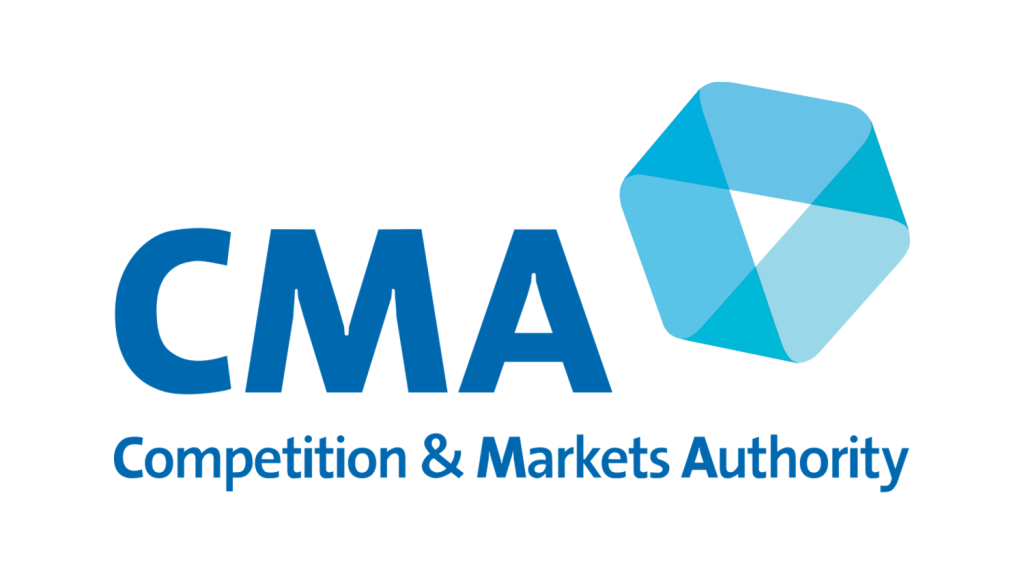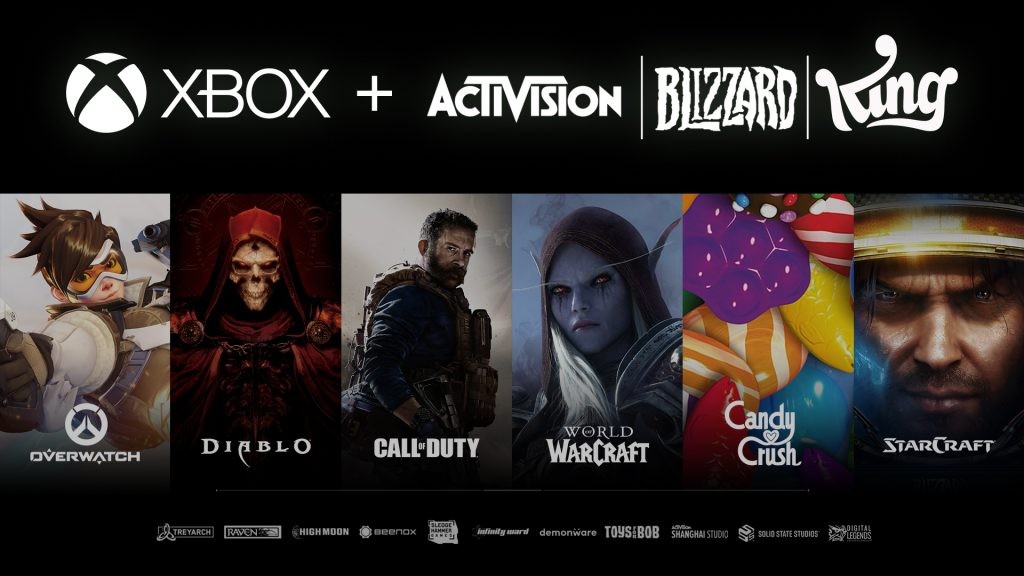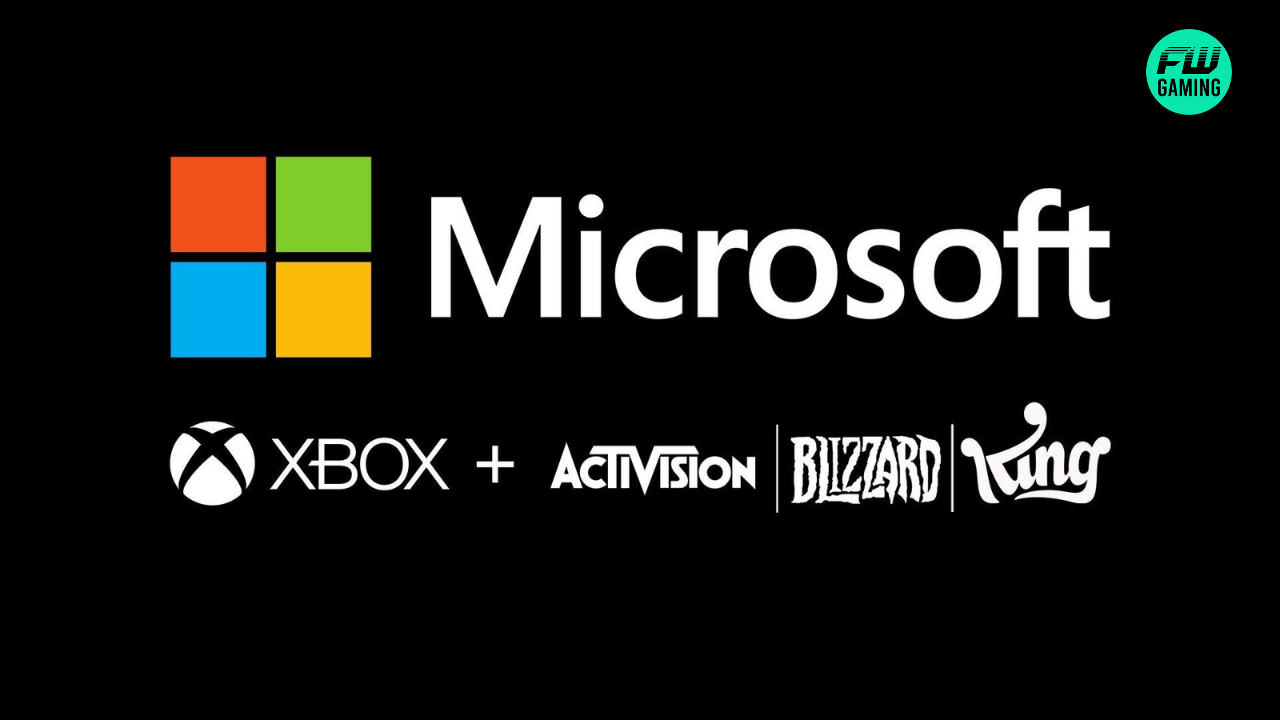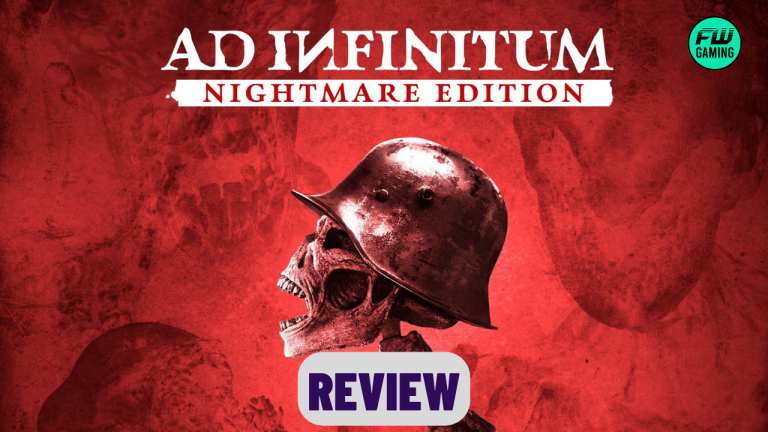Recently, the UK’s competition and mergers regulatory body, known as the CMA, made headlines by blocking the proposed merger between Xbox and Activision by Microsoft. This merger was seen as an opportunity for Microsoft to strengthen its position in the console market, where it currently trails behind competitors. As the gaming industry increasingly shifts towards mobile games and services dominated by companies like Apple, Google, and Tencent, Microsoft aimed to secure a stronger foothold through the merger.

However, Sony managed to raise concerns about the acquisition, creating unfounded fears that Microsoft might block popular games like Call of Duty on PlayStation, despite contractual obligations stating otherwise. Sony’s efforts had a significant impact on questioning the merger, particularly in key markets such as the UK.
The CMA has gained something of a reputation for being out of touch and uninformed when it comes to technology deals, having faced criticism in the past for making overreaching claims against companies like Apple. Previous decisions by the CMA have demonstrably harmed investment in the UK market, potentially stifling innovation and job creation in a region that greatly needs them. Recently, the CMA faced scrutiny from the European Commission and the UK government for its perplexing choice to block Microsoft’s deal with Activision, citing concerns about potential harm to the “cloud gaming market,” which, by most measures, is still in its infancy. Now, another interesting aspect of this situation has come to light.

Is the CMA corrupt?
Florian Meuller is a patent lawyer who recently made the discovery that Colin Raftery, the current senior director at the CMA, previously worked for Cleary Gottlieb, a law firm representing Sony in their regulatory objections to the merger.
Raftery is scheduled to speak at an upcoming event focused on post-Brexit regulatory issues. Another of the speakers at the same event represents legal firm RBB, which also represents Sony and Google in their complaints against Microsoft’s acquisition. While Raftery no longer works for Cleary Gottlieb, there is a possibility of a conflict of interest if he maintains personal relationships with individuals who stand to benefit from blocking the merger.

The UK has a reputation for a culture of political favoritism, particularly when it comes to questionable practices within the political class. The current ruling party has faced allegations of providing lucrative contracts funded by taxpayers to friends and associates, especially during the pandemic. Even the mere suggestion of potential impropriety underscores the need for greater oversight of the CMA’s regulatory operations. The decision to block Microsoft’s deal based on the argument that it is the “largest” cloud operator and that Xbox Game Pass Ultimate subscribers can access cloud gaming is inherently flawed.
Additionally, the CMA’s decision overlooks the fact that Amazon Luna, in conjunction with Amazon Prime, was launched shortly after the CMA finalized its decision. Following the CMA’s own logic, Amazon Luna would now be considered the largest cloud gaming provider in the UK due to the estimated 13 million primary account holders subscribed to Amazon Prime in the UK market.
Follow us for more entertainment coverage on Facebook, Twitter, Instagram, and YouTube.









